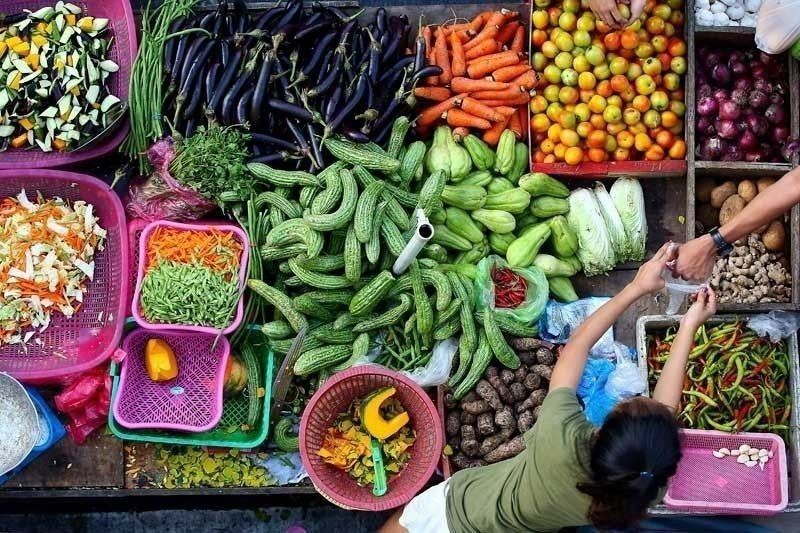Inflation widely seen going down until February

MANILA, Philippines — Inflation likely eased in December and is seen to further slow until February as the country continues to rise from the recession caused by the COVID-19 pandemic, bank economists said.
Michael Ricafort, chief economist at Rizal Commercial Banking Corp., said inflation slowed down to 2.6 percent in December after hitting a 21-month high of 3.3 percent in November.
Ruben Carlo Asuncion, chief economist at Union Bank of the Philippines, said inflation eased to 3.1 percent last month as he underscored the transitory nature of the November print of 3.3 percent.
“Note that 3.1 percent is at the mid-point of the government’s inflation target of two to four percent, manageable but the seasonal inflationary pressures, we think, were highly present,” he said.
Security Bank chief economist Robert Dan Roces also expected inflation to ease to 3.1 percent in December.
Ricafort said the temporary spike in inflation in November largely due to higher prices of food and other agricultural products amid the storm damage caused by Typhoons Ulysses and Rolly already started to ease with the normalization of supply chains.
Any price spike due to the damage caused by Tropical Depression Vicky that caused flooding in parts of Mindanao, Visayas and Northern Luzon, especially Cagayan Valley, is seen as transitory in nature until supply conditions/logistics eventually improve in a few weeks.
Ricafort said the relatively higher inflation base from December 2020 to February 2021 would lead to some easing in the year-on-year inflation for the period, as year ago levels are pre-COVID-19 economic and inflation conditions that are much higher. This, he said, would result in slower year-on-year inflation, assuming all other factors are the same.
Latest data showed global crude oil prices recently reached the highest in about 9.5 months, briefly breaching above the $50 per barrel recently and possibly leading to higher local fuel pump prices.
“Seasonal increase in demand and spending in preparation for the Christmas and New Year holidays could have correspondingly caused some uptick in prices of noche buena products such as meat products and other food products, amid the adverse effects of the African swine fever in terms of reduced supply of pork products,” Ricafort said.
He said the continued strengthening of the peso would help reduce import costs which, in turn, could help ease overall inflation and partly help sustain the relatively low/benign inflation environment, going forward.
“The expected easing of inflation until February could still support any further monetary easing measures until then. However, inflation could start from a lower base starting March onwards, coming from a much lower denominator when the COVID-19 lockdowns started a year ago,” Ricafort said.
- Latest
- Trending































